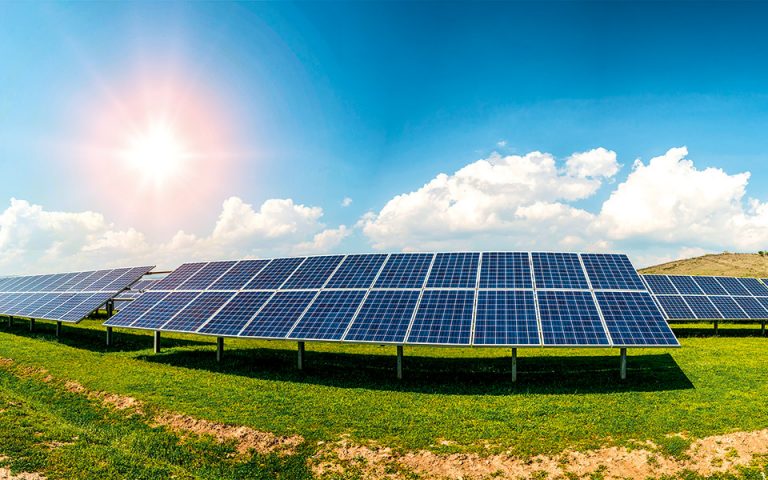In particular the Commission has officially welcomed the provisional agreement reached between the European Parliament and the Council to reinforce the EU Renewable Energy Directive.
This deal brings the EU one step closer to completing the “Fit for 55” legislation to deliver the European Green Deal and the REPowerEU objectives.
The agreement raises the EU's binding renewable target for 2030 to a minimum of 42.5%, up from the current 32% target and almost doubling the existing share of renewable energy in the EU.
Negotiators also agreed that the EU would aim to reach 45% of renewables by 2030.
The agreement reaffirms the EU's determination to gain its energy independence through a faster deployment of home-grown renewable energy, and to meet the EU's 55% greenhouse gas emissions reduction target for 2030.
A massive scaling-up and speeding-up of renewable energy across power generation, industry, buildings and transport will reduce energy prices over time and decrease the EU's dependence on imported fossil fuels.
Permitting procedures will be easier and faster under the new law. Renewable energy will be recognised as an overriding public interest, while preserving a high level of environmental protection. In areas with high renewables potential and low environmental risks, Member States will put in place dedicated acceleration areas for renewables, with particularly short and simple permitting processes.
The provisional agreement also enhances cross-border cooperation on renewables.
The agreement includes targets and measures to support the uptake of renewables across various sectors of the economy. The revised Directive strengthens annual renewables targets for the heating and cooling sector and for renewable energy used in district heating systems.
It introduces a specific renewable energy benchmark of 49% for energy consumption in buildings by 2030 to complement EU buildings legislation and guide Member States' efforts.















